Preventing Pollution
There are actions YOU can take to help prevent pollution.
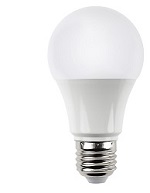
LED lights Save Energy
LED lights use 75% less energy than regular bulbs. The initial cost seems high, but lamps last 15-25 years and save money in electric bills. Check with your electricity provider for potental savings on purchasing LED bulbs for your home.

Let Your Grass Grow Taller
Grass blades 3-5 inches tall have more surface area to convert sunlight into food - making stronger roots, a greener, thicker lawn and better disease resistance. Crabgrass seedlings will be shaded from the sun, killing them before they can get established.
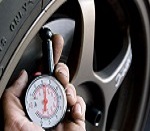
Check Tire Pressure Monthly
Tires lose one pound of air a month, plus one pound for every ten degrees the temperature drops. Check pressure monthly when tires are cold - before they have been driven. Proper inflation means your vehicle will use 5% less gasoline, stop better in the rain, tires will wear evenly, be less prone to fail and last 30% longer. See www.tiresafety.com
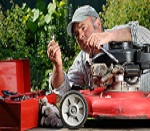
Lawn Mower Maintenance
Changing the oil each spring and fall and getting a tune up and new spark plugs every other year helps your mower run better and emit 20% less air pollution. Four strokes burn cleaner than two stroke models. Mowing for two hours gives off as much pollution as your car driven 14 hours. In the fall add stabilize to gas left in the engine so it is usable in the spring.
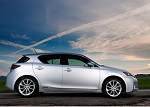
Get Vehicles You Like With Good Mileage
Buy the vehicle that meets your needs and gets the best fule mileage possible. This reduces the 30% of air pollution that comes from driving and saves money. Keeping up the maintenance on your vehical will aslo help improve fule mileage and reduce air pollution. Tips on driving efficiently, keeping your car in shape and fuel economy are at www.fueleconomy.gov
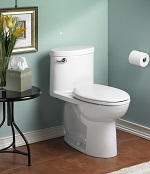
Toilets Can Use Less Water
Toilets built after 1994 use 68% less water than those built before. Over a 15 year life newer toilets save 279,000 gallons of water and $1,100 in water and sewer bills. Fixing toilets than run can also save 100 gallons of water every day. Saving water helps septic systems too, because fields last longer the less water they have to process. For how to fix toilets see www.toiletology.com
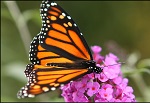
Wildlife Haven In Your Backyard
Providing a source of water and putting in plants that offer food, shelter and breeding spots for wildlife helps them thrive. Growing marsh milkweed for example provides monarch butterflies with a place to lay eggs and food for the caterpillars.

Stop Light Pollution at Your House
Buy outdoor lights that reflect light down where you need it, not sideways and up where it lights the night sky. In most areas of the county 40% less stars are visible even on the clearest night due to light pollution. Consider motion sensing lights that turn off when not needed. For details and ideas see www.darksky.org